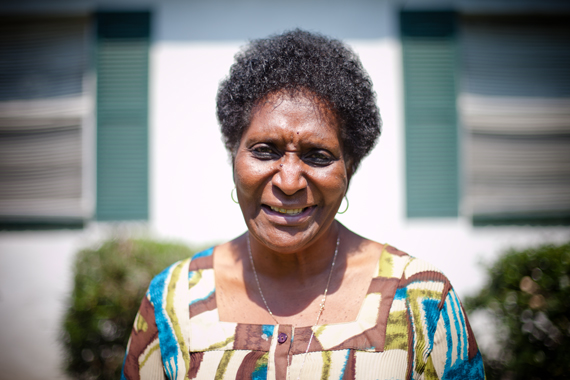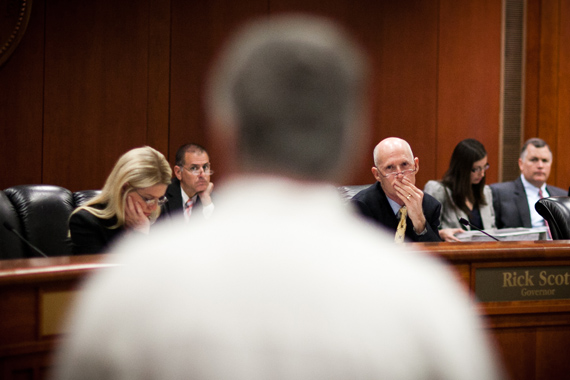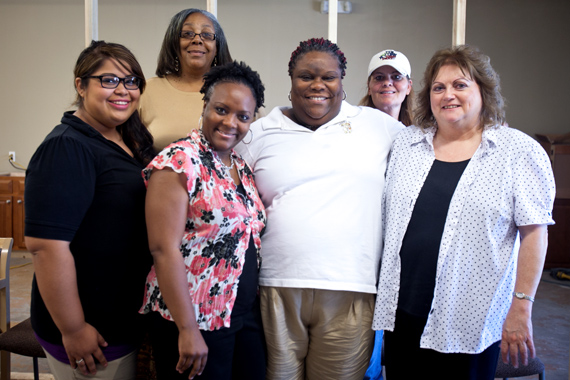We should probably stop calling specific days “big news days” for voting rights legislation. With legal challenges to Texas and South Carolina voter ID laws and Alabama’s Voting Rights Act challenge moving forward, it’s possible that many days in the weeks and months to come could be big days for voting rights.
Today:
- Michigan Republican Gov. Rick Snyder vetoed a trio of controversial bills – voter registration, photo ID and citizenship verification.
- South Carolina set a deadline for implementing a photo voter ID law if it is approved by a federal appeals court.
- An aide to Iowa Gov. Terry Branstad confirmed that the governor will not change regulations for restoring felons’ voting rights.
- And Florida elections officials acknowledged that they likely will not restart the state’s voter roll cleanup despite a court ruling on its legality.
It’s safe to say a few things happened today.
What We’ve Been Reading
“Snyder vetoes voting reform bills,” (Rick Pluta, 07/03, Michigan Radio)
“Florida Voter Purge Is Unlikely to Resume,” (Ari Berman, 07/03, The Nation)
“Commentary: One citizen, one vote: Clearing the air on voter ID reforms,” (Ruth Johnson and Pete Lund, 07/03, Detroit News)
“The Dog that Voted and Other Election Fraud Yarns,” (Kevin Drum, 07/03, Mother Jones)
“Aide: Iowa Governor Will Keep Felon Voting Policy,” (Associated Press, 07/03)
“Voter ID in Michigan,” (Pew Center on the States, 07/03, Pew Charitable Trusts)
“New schedule tightens window to implement voter ID,” (Meg Kinnard, 07/03, Associated Press)
Twitter Trends
The most notable Twitter trend today is the buzz among progressive opponents of voter ID laws. If the struggle for election reform is a battle, today was a big win for progressives, as multiple states and multiple cases were resolved in their favor.
A Mother Jones article detailing voter fraud allegations — Mickey Mouse voting, a dog registering to vote — and calling Republican election reform policy intentional voter suppression has bounced back and forth on Twitter, with social media search engine Topsy.com showing growth in usage of the term “voter suppression.”
The Mother Jones story likely will get conservative pushback by the end of today, with talking points and retweetable factoids flying in the face of gloating partisans on one side of the issue or the other.
We’ll be the first to tell when the mood shifts. Be sure to follow us @WhoCanVote.






